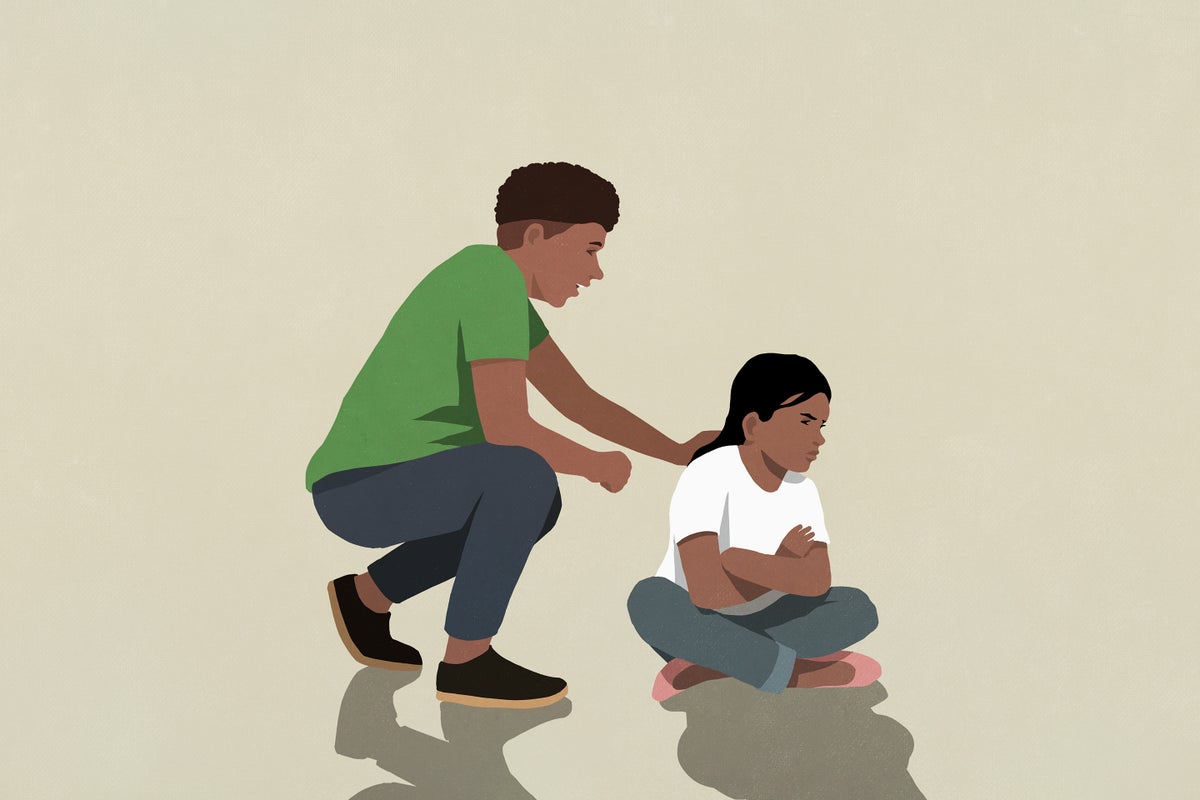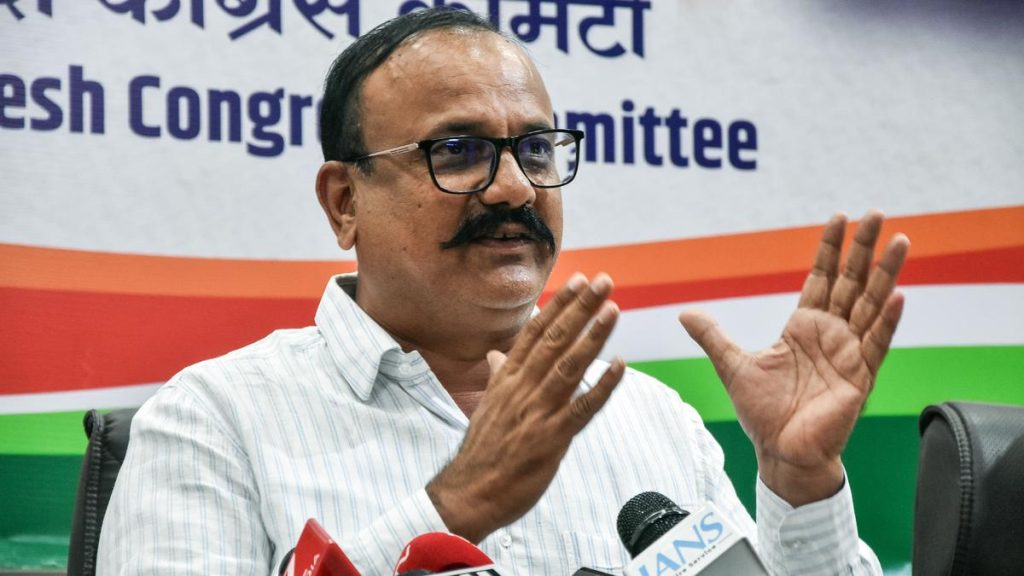Now Reading: Strengthen Family Bonds This Summer Break
-
01
Strengthen Family Bonds This Summer Break
Strengthen Family Bonds This Summer Break

Quick Summary
- Youth stress Data: 75% of high school students and 50% of middle schoolers experience stress during the academic year. Emotional distress can lead to depression, anxiety, and avoidance behaviors.
- Summer Break Importance: Summer offers a crucial opportunity for parents to connect with children amidst reduced academic and social pressures.
- Parenting Tips:
– Stay calm during emotional outbursts; focus on reflective communication over confrontation.
– Use active listening to understand children’s emotions and body language without judgment or agreement.
– Check in regularly, even when kids appear problem-free, ensuring positive connections.
– help children express their emotions by labeling feelings or using relatable intensity scales (e.g., thermometers).
– Build structure through routines that balance responsibilities with meaningful activities for the child’s well-being.
- Helpful Practices: Techniques like deep breathing and the STOP method (Stop, Take a break, Observe emotions/thoughts, Plan actions) can help improve coping strategies.
Indian Opinion Analysis
This article underscores a critical aspect of youth mental health-stress as an endemic issue among teenagers that warrants targeted care beyond the classroom. The insights suggest how summer breaks could bridge gaps in parent-child communication while equipping children with emotional resilience ahead of new academic challenges. By proposing specific strategies like reflective listening and structured routines, the approach aligns well with modern behavioral science.
For Indian families navigating societal expectations alongside busy schedules, intentional parenting strategies outlined here could be particularly beneficial during long breaks such as summer vacations. Addressing factors like emotional regulation early may also support broader goals tied to educational aspirations prevalent among many households in India. Cultivating these habits could contribute towards fostering healthier family dynamics while preparing students better for societal demands ahead.

























